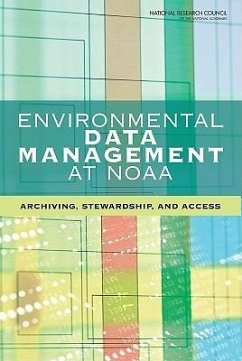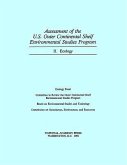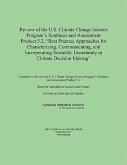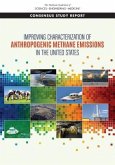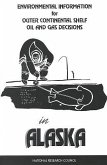The National Oceanic and Atmospheric Administration (NOAA) collects, manages, and disseminates a wide range of climate, weather, ecosystem and other environmental data that are used by scientists, engineers, resource managers, policy makers, and others in the United States and around the world. The increasing volume and diversity of NOAA's data holdings - which include everything from satellite images of clouds to the stomach contents of fish - and a large number of users present NOAA with substantial data management challenges. NOAA asked the National Research Council to help identify the observations, model output, and other environmental information that must be preserved in perpetuity and made readily accessible, as opposed to data with more limited storage lifetime and accessibility requirements. This report offers nine general principles for effective environmental data management, along with a number of more specific guidelines and examples that explain and illustrate how these principles could be applied at NOAA.
Hinweis: Dieser Artikel kann nur an eine deutsche Lieferadresse ausgeliefert werden.
Hinweis: Dieser Artikel kann nur an eine deutsche Lieferadresse ausgeliefert werden.

